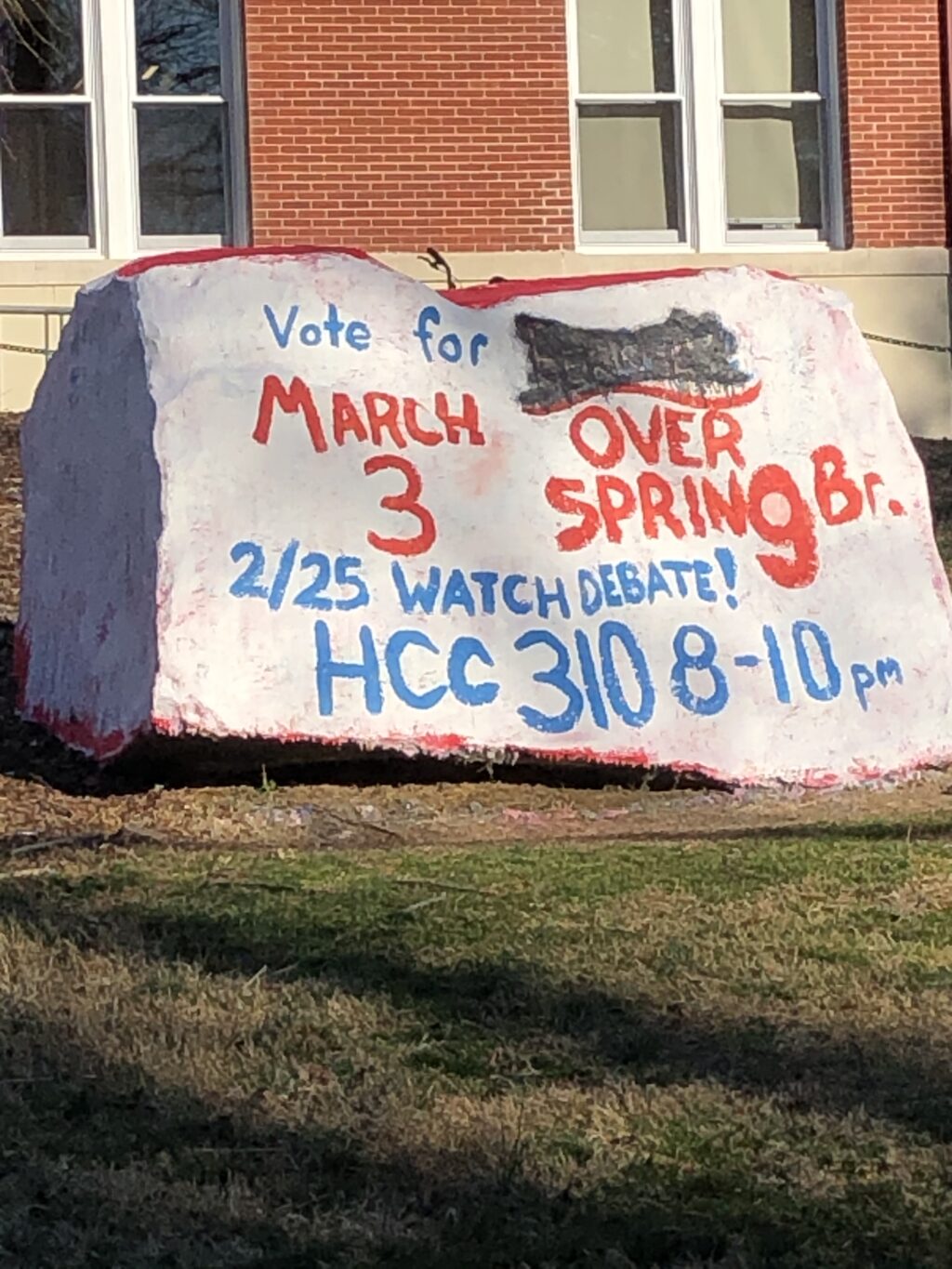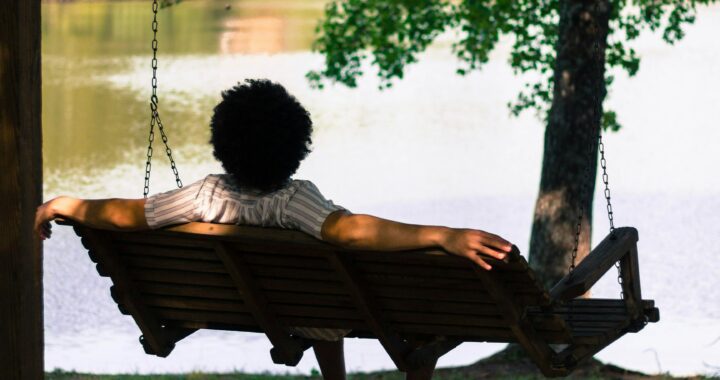Public debates can engage students in necessary political discourse
4 min read
UMW hosts a number of politically oriented clubs, especially in view of the upcoming presidential election. | Abigail Weber
By JACK POLLARD
Staff Writer
It is no secret that our country is experiencing what can charitably be called “technical difficulties.” As a nation, we seem more divided than ever. The two sides of the American political spectrum seem nigh incompatible—increasingly square blocks trying to fit into increasingly circular holes. When we turn on the news, we hear of nothing but division and disunity. When we go online, we are met with a flood of derision and threats of violence, or condemnation of the values we hold dear.
Political engagement is disincentivized among the masses, who are too wrapped up in their own personal problems to spare much thought towards what they actually believe or what they could hope to learn from others. When faced with the trials of the daily grind, there are much more important things to worry about than politics. All the while, our leaders and representatives call for “unity” and “compromise,” though never in any real or meaningful way. What is “compromise” supposed to mean? If we cannot agree on the problem, how are we supposed to come to a solution?
This is the problem facing American political discourse today: we are all, each of us, shaped into discordant pieces for a thousand different puzzles, kept silent either by societal shame, or very real threats of violence. And it feels as if there is no way to turn the tide.
A study published in June of this year by the Proceedings of the National Academy of Sciences of the United States, exhaustively titled “Exaggerated Meta-Perceptions Predict Intergroup Hostility Between American Political Partisans,” shows that by and large, Americans are not nearly as divided as we may believe ourselves to be. We are made to believe “they” hate us, that the gulf between “us” and “them” is a canyon a mile wide. However, as with many things in life, the thing that most doggedly plagues our politics is not divisive anger or hateful rhetoric—though these are by no means small problems—it is apathy and complacency.
What we need, if we are to overcome the apathy, divisiveness, and appeals to an imagined “normalcy” that plagues political discourse in this country, is for uninterested people to become interested. My proposal? Semi-regular meetings or discussions between political clubs, advertised by the University and held in open, public locations to attract those who might otherwise pass such events by. UMW has a broad variety of political and debate clubs one can join, such as the Young Democrats, the College Republicans, or the Radical Students Union, but such clubs are never quite given the attention they may deserve. Clubs can come together in an open setting —I believe Ball Circle would make an ideal, central location—and not only engage one another in live debate, but maybe, just maybe, grab someone walking by and entice them to stay awhile, and listen to what others have to say.
While the pandemic is still with us, however, the University would have to make steps to move such events online, and this I fear might take away from the effectiveness a live setting has at drawing in a crowd. Perhaps the University could livestream the first event, and offer some incentive to tune in: people who join the stream and watch the debate could be entered into an electronic raffle, with prizes such as merchandise from the bookstore able to be mailed to the student’s dorm or home. The goal is to get people involved and engaged. If a raffle is what it takes, then a raffle there must be.
The only way we can overcome the walls put between us is to come together, and in a singular voice, state that we will not be silent any longer. I do not mean Democrats or Republicans specifically, I mean us—the young, the new generation that will take over from the established and the old. If America’s political landscape is diseased or divided, then we must revamp it ourselves. If people are unengaged or complacent, then we must grab them by the eyes and ears and drag them onto the stage with us. I know, and you know, there are problems in this world that appear insurmountable, and those in power seem to do less and less by the day. But we cannot sit idly by and allow those who have failed us, all of us, to grow a spine and come to a realization themselves. We must make our voices heard, loud and clear, or there will not, and can never, be the change we seek.
The University of Mary Washington has a responsibility, as a center of learning and as a formative institution for so many of the new generation and generations to come, to foster the growth of new and invigorating politics amongst its studentry. Again I say, in order for this goal to be achieved, I believe the best way to get people engaged with our political climate is to put it in front of them, somewhere they can’t miss it, and allow them to join the discussion on their own curious terms.
I do not call for empty unity or pandering compromise, I call for action. If the world is not how you believe it should be, you cannot wait for others to voice your beliefs for you. If you feel you are not heard, then it is up to you, to us, and to the institutions to which we belong to make ourselves heard. Get active. Get loud. Talk to people, and argue, and discuss.
No one can hear you unless you’re willing to speak up.












I’ve never read such a Pro Trump article in my entire life. The flow of words, the poetry. As I read all I can hear is “TRUMP 2020.” It’s like poetry because it rhymes.